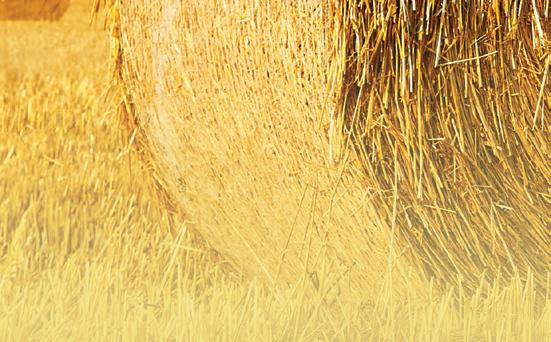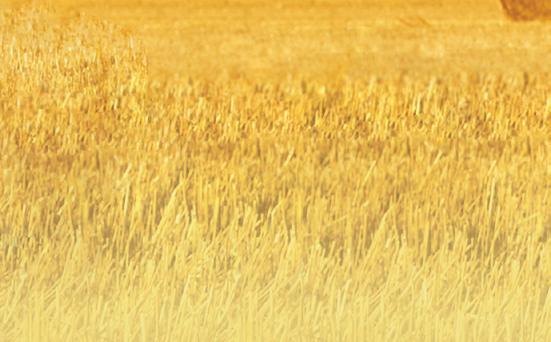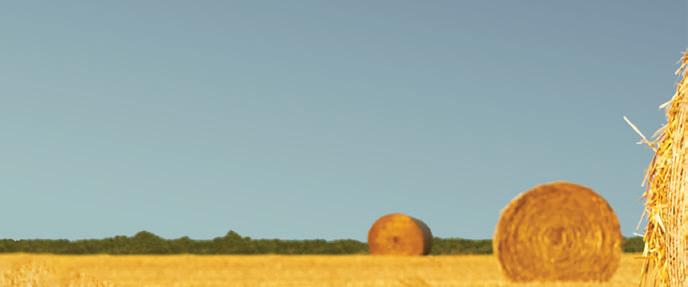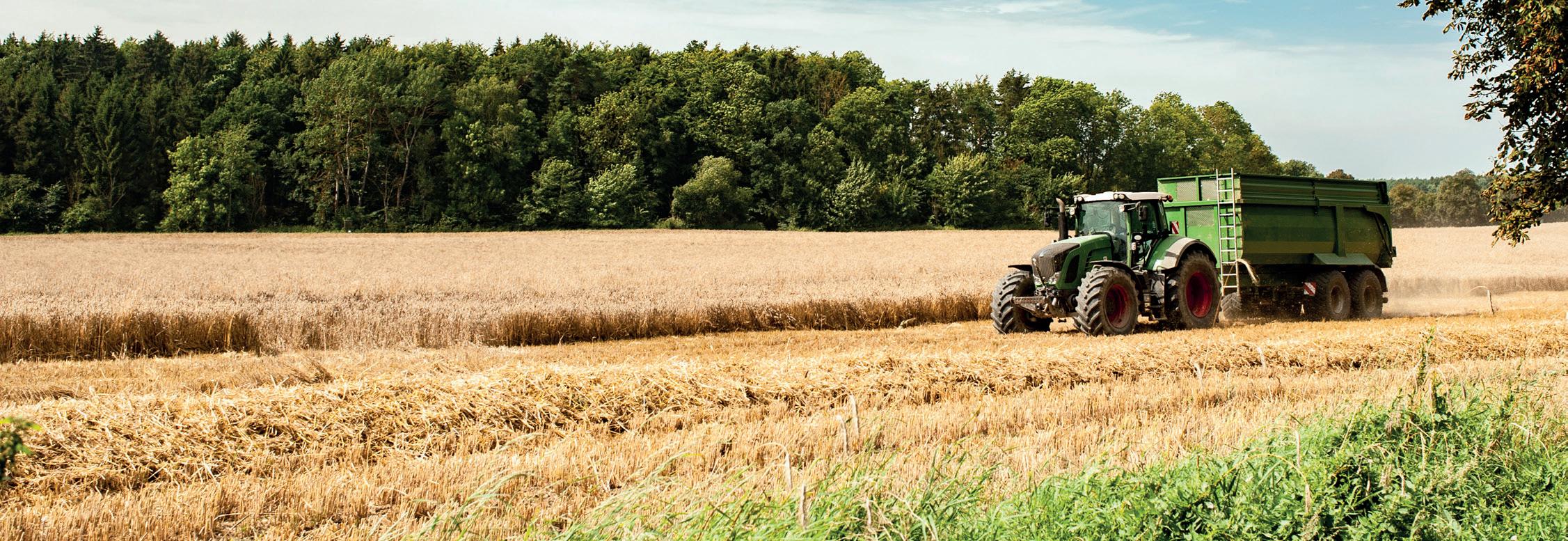
8 minute read
LEGAL
Call us today or visit our website: 01227763939 furleypage.co.uk


LEAVING PROVISIONS FOR YOUR ANIMALS
Philip Whitcomb, partner at law firm Moore Barlow specialising in rural matters, has outlined the key things farmers should consider when drafting a Will and the attention they need to give to their animals’ future to ensure they are taken care of.
“As living beings, there are multiple aspects to consider when it comes to deciding what will happen to our beloved animals once we die, including how animals will be looked after and by whom,” he explained. Here he outlines his ‘top tips’ to South East Farmer:
PERSONAL OR BUSINESS?
Livestock Farmers have the added complication in that it is not just one or two animals but a whole herd that will need to be looked after. These will be classed as business assets and devolve along with the assets of the business, whereas a beloved pet is classed as a chattel and will, unless otherwise bequeathed, form part of the deceased’s residuary estate. In other words, how a Will is structured will determine how animals are catered for. Extra complications can arise when considering working animals, such as sheep dogs, as there is no definitive classification. Are they an asset of the business or a beloved family pet? This means farmers should clearly state how they wish the animal to be viewed in their Will.
Supporting the rural community for over 230 years
We have a real commitment to the rural sector, providing responsive and accessible legal advice to farmers, producers and their suppliers.
If your business needs help with:
• Contracts and transactions • Diversifi cation • Property purchase and lease negotiation • Equine law • Employment
If you would like help with:
• Family law and divorce • Residential conveyancing • Tax planning and trusts • Wills and estate administration
Contact us today
Canterbury 01227 643250 Maidstone 01622 698000 Tenterden 01580 765722
enquiries@whitehead-monckton.co.uk www.whitehead-monckton.co.uk
COMMUNICATION IS KEY
No matter if an animal is seen as a pet or part of the farm business, communication with those who will succeed a farmer in looking after the animals is crucial. It’s vital to ensure whoever takes over the farm, or takes on the pet, is comfortable in doing so to avoid a person feeling trapped or an animal being left with no care.
PROVIDING FOR PETS
Pets are considered personal chattels, which means money cannot be left directly to them. Their needs, such as food and vet bills, can become expensive but still need to be provided for. Options such as leaving a gift in a Will and specifying the money is solely to be passed to the beneficiary to care for the pet can help ensure they can cover the costs. It is important to bear in mind, though, that there is no legal obligation for the beneficiary to satisfy this wish.
CHOOSE EXECUTORS WISELY
You can name up to four executors in the Will as being responsible for dealing with the estate. Who looks after the animals does not need to be specified. Selecting a person or people who have a basic knowledge of farming and looking after animals both working or larger, such as horses, will help ensure those left behind do not feel in the dark and help to relieve some pressure.
Extra support can also be left in the form of a list with key professional contacts, for example vets, accountants and advisors. This will make it easier for care to be consistent and continuous during this time of change.
Probate is the judicial process which sees a Will validated as the true last testament of the deceased. During this period the executors take on responsibility for the animals. Often neighbouring farmers will happily act as executors to give help and guidance. To help facilitate this, it would be wise to ask if they would be on hand to assist to give an added layer of security for the farm.
SET UP A CONTINGENCY PLAN FOR YOUR BUSINESS
Contingency plans, particularly to cover the probate period, ensure there is someone to look after the farm in the interim. The plan should include everyday aspects such as who will feed the animals, dealing with the regulatory paperwork for livestock and what to do if any get ill. If relatives are already involved in the farm, they can take a more hands-on role in maintaining the usual running of the business. Another crucial inclusion in the contingency plan is how bills and staff will be paid. This is particularly important if a farmer is a sole trader as everything relies on them ensuring processes are running smoothly. Understanding banks may agree an overdraught facility in the short term to enable the executor to continue to pay for the upkeep of livestock. Having a joint bank account with a partner, even if they’re not involved in the farm, allows funds to continue to be accessed post-death. For farms run through a partnership, if there is no written partnership agreement the death of a partner will mean an immediate dissolution of the business. This means any overdraft facility immediately ceases, which could result in a cash flow issue. No one knows their animals better than the person who owns them. Whether part of a farm or a family pet, they are a huge responsibility. While making provisions for those closest, providing for animals is vital too, as they will need immediate care. The most important element is planning ahead and ensuring clarity, speaking to those you wish to take over and organising assets and paperwork so it is easy for people to understand what is wanted and needed.
In May the government launched a consultation on exit payments to farmers, to encourage older generations to retire and enable younger farmers to enter the industry. The proposal, that farmers could be paid a lump sum up to £100,000 to retire, forms part of the wider overhaul of grants and schemes set out in the Agricultural Transition Plan.
Regardless of the reasons for retirement, having a plan in place is the most eff ective way to safeguard the future of your farm and ensure a smooth transition when the time comes to hand over the reins. The proposed payments won’t be suitable for everyone and many in the sector will continue with the traditional route of handing down their farming business. So what do you need to consider when planning for the succession of your agricultural business?
LIFETIME GIFTS AND TAX IMPLICATIONS
Making lifetime gifts can often be a tax effi cient way of passing on your estate to the next generation. A gift made seven years before your death is treated as exempt for Inheritance Tax purposes on your death. Certain lifetime gifts may also qualify for agricultural property relief from Inheritance Tax, subject to conditions.
However, in the case of assets which are likely to increase in value (e.g. land with potential for future development) gifting whilst the value is low is preferable, regardless of the seven year rule. This is because it is the value of the gift at the time it was made that is considered on your death, not the value that the asset went on to achieve.
Bear in mind that lifetime gifts can also have unintended adverse Inheritance Tax consequences. For example, if a gift of land is made but you hold some of the land to harvest standing crop, this may constitute a gift with reservation of benefi t and the value of the gift could be brought back into the value of your estate when you die. Similarly, you should consider Capital Gains Tax (CGT), which is charged on the diff erence between the base cost and the disposal value of certain assets.
HAVING A WILL IN PLACE
You may have specifi c wishes for certain aspects of your business, or for the distribution and division of land. This is all very well while you remain at the helm, but in the unfortunate event of your death, the only way to ensure your intentions are carried out is by creating a legally binding Will. It is always advisable to review your Will every few years to ensure that it still refl ects your wishes and any recent changes in circumstances. Your Will is also an important tool to help to mitigate Inheritance Tax.
LASTING POWERS OF ATTORNEY
A registered lasting power of attorney (LPA) for property and fi nancial aff airs enables your attorneys to act on your behalf. This means that, in the event that you lose mental capacity, they will be able to make decisions for you in a number of transactions such as signing documents, negotiating commercial contracts, making investments and transferring land.
WHY IT PAYS TO PLAN FOR RETIREMENT
Without an LPA, the court will decide who should make decisions about your business. This can be a costly and time consuming process. It can also cause delays, not only in the day to day running of your business but also ongoing transactions such as negotiations regarding the purchase or sale of development land.
A separate power of attorney may be created dealing specifi cally with business assets, so that decisions regarding your private assets or accounts and those solely in respect of the business can be dealt with by diff erent people.
PARTNERSHIP DOCUMENTATION
Having a partnership agreement in place can help reduce the impact on your business if you were to be incapacitated or in the event of your death. An agreement provides peace of mind that, if the worst were to happen, a mechanism is in place to help your successor take over from you. For family partnerships this is usually invaluable.
Partnerships will also need to carefully consider the exit payment provisions within the context of their existing partnership agreements and consider any unintended adverse consequences and make relevant changes.
The exit payment consultation closes on 11 August 2021. Professional advice should always be sought when considering succession planning, to take into account all relevant factors including the eff ect of any gifts or sales on the taxation of your estate during your lifetime and beyond.
CHRISTOPHER ERIKSSON-LEE
Partner, Brachers LLP
T: 01622 776465 E: christophereriksson-lee@brachers.co.uk
www.brachers.co.uk
Helping our agricultural community to thrive and grow

Proud to be sponsoring the Kent County Summer Fayre
Kent Showground, 10 and 11 July 2021
Call us on 01622 690691 Visit us at brachers.co.uk










